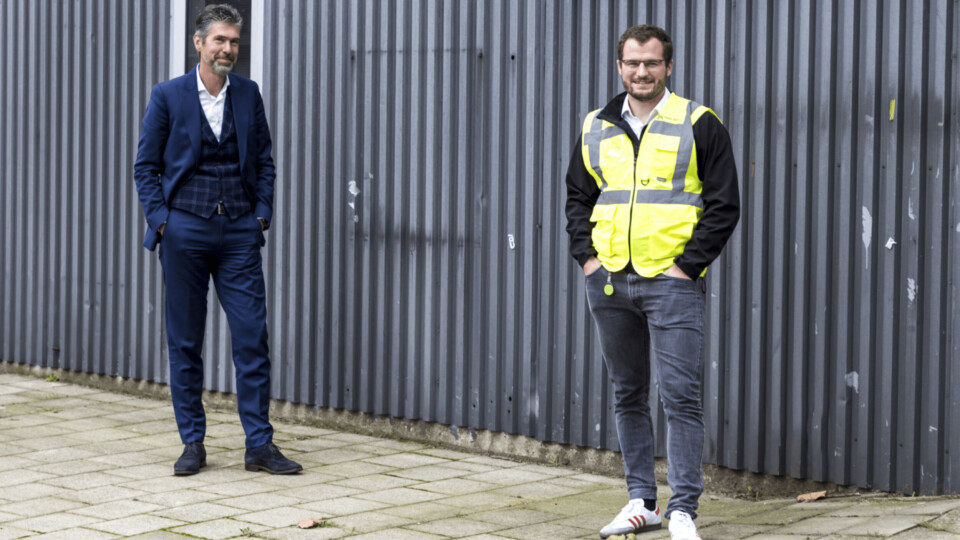
Fumes-to-feed project given €2.5m to scale up for trials
A company turning industrial emissions into novel protein sources for fish feed has been given €2.5 million to scale up the production process.
UK biotech company Deep Branch secured the investment from the European Innovation Council (EIC) Accelerator fund. The money will go towards building a new facility at the Netherlands-based Brightlands Chemelot Campus, a hub for circular chemistry and chemical processes, which Deep Branch expects to be operational by the second quarter of next year.
Using microbes to convert carbon dioxide from industrial emissions into a new type of single-cell protein (SCP), trademarked Proton, Deep Branch has developed a low carbon animal feed with a nutritional profile that is comparable with fishmeal. It has a pilot plant at Drax power station in Yorkshire.
BioMar
The work is supported by the REACT-FIRST project, which brings together 10 consortium partners from industry and academia, including aquafeed manufacturer BioMar, Stirling University’s Institute of Aquaculture (IoA) and the Scottish Aquaculture Innovation Centre (SAIC).
BioMar will produce feed with Deep Branch’s SCP, trade-marked Proton, and this will then be nutritionally assessed by the IoA.
The work at the site Drax has already proven the Deep Branch technology at a small scale. The new funding will enable it to scale up increasing production to enable animal feed manufacturers to expedite performance testing of the new protein.
Peter Rowe, chief executive of Deep Branch, said the company’s method of producing animal feed protein reduces CO₂ emissions by more than 90% compared to currently used protein sources which are mainly imported from South America.
“Setting up the pilot plant represents an important next step in finding the perfect recipe for Proton that meets the requirements of feed producers. We’ll be undertaking further trials with BioMar and AB Agri, two leading animal feed companies that support the salmon and poultry farming industries. Thanks to the EU’s Horizon 2020 research and innovation support, we can expand our production capacity to match the volumes that feed producers need to run these trials.
‘Everything we need’
“Brightlands Chemelot Campus is the ideal location for our Scale-Up Centre, and there is a clear alignment between our goals and the facility’s overall ambitions for CO₂ recycling and sustainable hydrogen use. The industrial site gives us the ability to scale up quickly and has room for a large-scale production facility as well as the raw materials to create Proton. We have access to everything we need.”
Bert Kip, chief executive of Brightlands Chemelot Campus, said: “Deep Branch fits into our sustainable profile perfectly, and is the first organisation at this campus that is active in gas fermentation. This is another area where we can develop a leading position.”























































